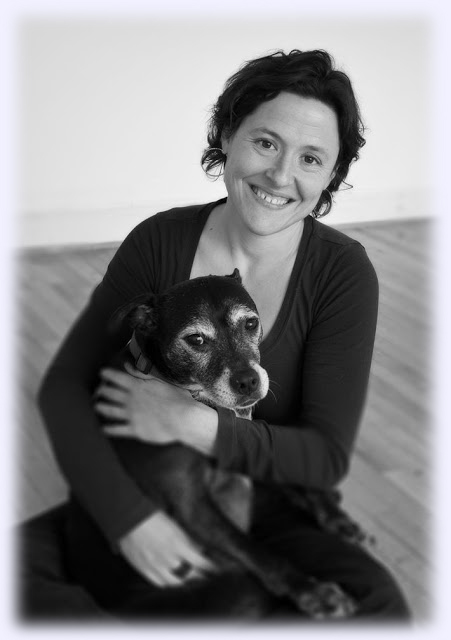Gretchen Primack
|

There will be no justice as long as man will stand with a knife or with a gun and destroy those who are weaker than he is.
—Isaac Bashevis Singer narrative
Telling a story. Ballads, epics, and lays are different kinds of narrative poems.
|